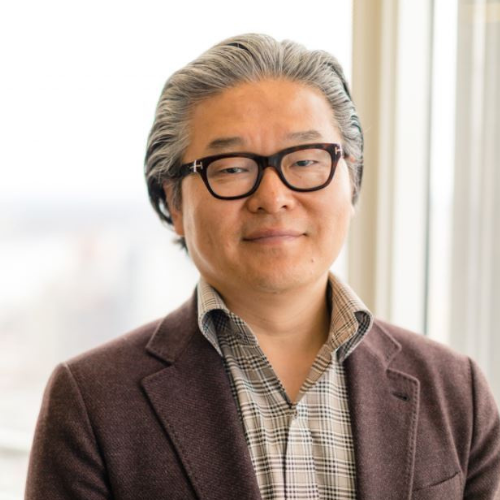The financial world was rocked this week as Bill Hwang, the founder of Archegos Capital Management, was found guilty of fraud and market manipulation. A New York federal jury convicted Bill Hwang on 10 out of 11 counts related to running a criminal conspiracy and committing securities and wire fraud. Alongside him, Patrick Halligan, Archegos’s former finance chief, was also found guilty for his role in the scheme. These convictions, which could result in more than a decade of prison time for both men, mark a significant chapter in one of Wall Street’s most dramatic collapses.
The Rise and Fall of Archegos
Bill Hwang, a protégé of hedge-fund titan Julian Robertson, established Archegos Capital Management over a decade ago as a family office to manage his personal wealth. Unlike traditional hedge funds, Archegos did not have outside investors, allowing it to operate under less stringent regulations and remain relatively low-profile. This changed dramatically during the Covid-19 pandemic, when Archegos’s trading and borrowing from banks surged, inflating its market presence from about $10 billion to over $160 billion.
The firm posted an impressive return of 134% in 2020 and began 2021 with a gain of over 100%. However, the rapid growth came to an abrupt halt in March 2021 when selloffs of some of Archegos’s largest holdings triggered margin calls from its lenders. Unable to meet these demands, Archegos collapsed, wiping out more than $100 billion in market value and causing its lenders to lose over $10 billion. This catastrophic fall had far-reaching implications, most notably for Credit Suisse, which incurred significant losses and was eventually sold to UBS.
The Charges and Convictions of Bill Hwang
Federal prosecutors from the Manhattan U.S. Attorney’s Office accused Bill Hwang of misleading banks to borrow billions of dollars, thereby manipulating the prices of a handful of media and tech stocks in Archegos’s portfolio. Assistant U.S. Attorney Andrew Thomas emphasized that deceit was integral to Archegos’s operations, stating, “Lying was part of the job.”
Bill Hwang’s lawyers contended that his trading activities were lawful and that he did not intend to deceive the banks. They argued that Bill Hwang was transparent in his dealings, unlike others at Archegos. Despite these claims, the prosecution presented compelling evidence, including testimonies from Scott Becker, Archegos’s former head of risk, and William Tomita, the firm’s former head trader. Both individuals admitted guilt for their involvement and collaborated with the government in the case against Bill Hwang and Halligan.
Becker and Tomita testified that they provided false information to Archegos’s banks regarding the types of stocks held, the concentration of its portfolio, and the timeframe required to liquidate positions. Their objective was to downplay Archegos’s riskiness to increase its borrowing capacity and place larger bets. Tomita revealed that Bill Hwang directed him to manipulate stock prices by trading aggressively just before market close.
Bill Hwang’s Defense and Regulatory Implications
Bill Hwang’s defense team maintained that his investment strategies were based on genuine beliefs about the potential of the companies in his portfolio, particularly those in sectors like video-streaming and online education that were expected to thrive during the pandemic. They argued that Bill Hwang’s actions did not constitute market manipulation since there was no intent to defraud the banks.
The defense also pointed out that the banks were eager for Archegos’s business, viewing the firm as highly lucrative. Timothy Haggerty, a lawyer for Halligan, described the banks as viewing Archegos as “the goose that laid the golden egg.”
Despite these arguments, the jury sided with the prosecution, influenced by the weight of evidence showing how Archegos misrepresented its holdings. Bank executives testified that they were misled to believe Archegos held more liquid and less risky stocks than it actually did, leading to massive losses when the true nature of its portfolio was revealed.
The conviction of Bill Hwang and Patrick Halligan sends a strong message about the consequences of financial fraud and market manipulation. The collapse of Archegos has spurred heightened regulatory scrutiny and demands for enhanced transparency in the relationships between banks and their fund clients. As the financial industry grapples with the fallout, this case highlights the importance of robust oversight to prevent similar debacles in the future.
In the end, the downfall of Archegos serves as a cautionary tale of how unchecked ambition and deceit can lead to catastrophic consequences, not just for the perpetrators but for the entire financial system. The case of Bill Hwang highlights the need for vigilance and integrity in the financial markets to maintain trust and stability.


